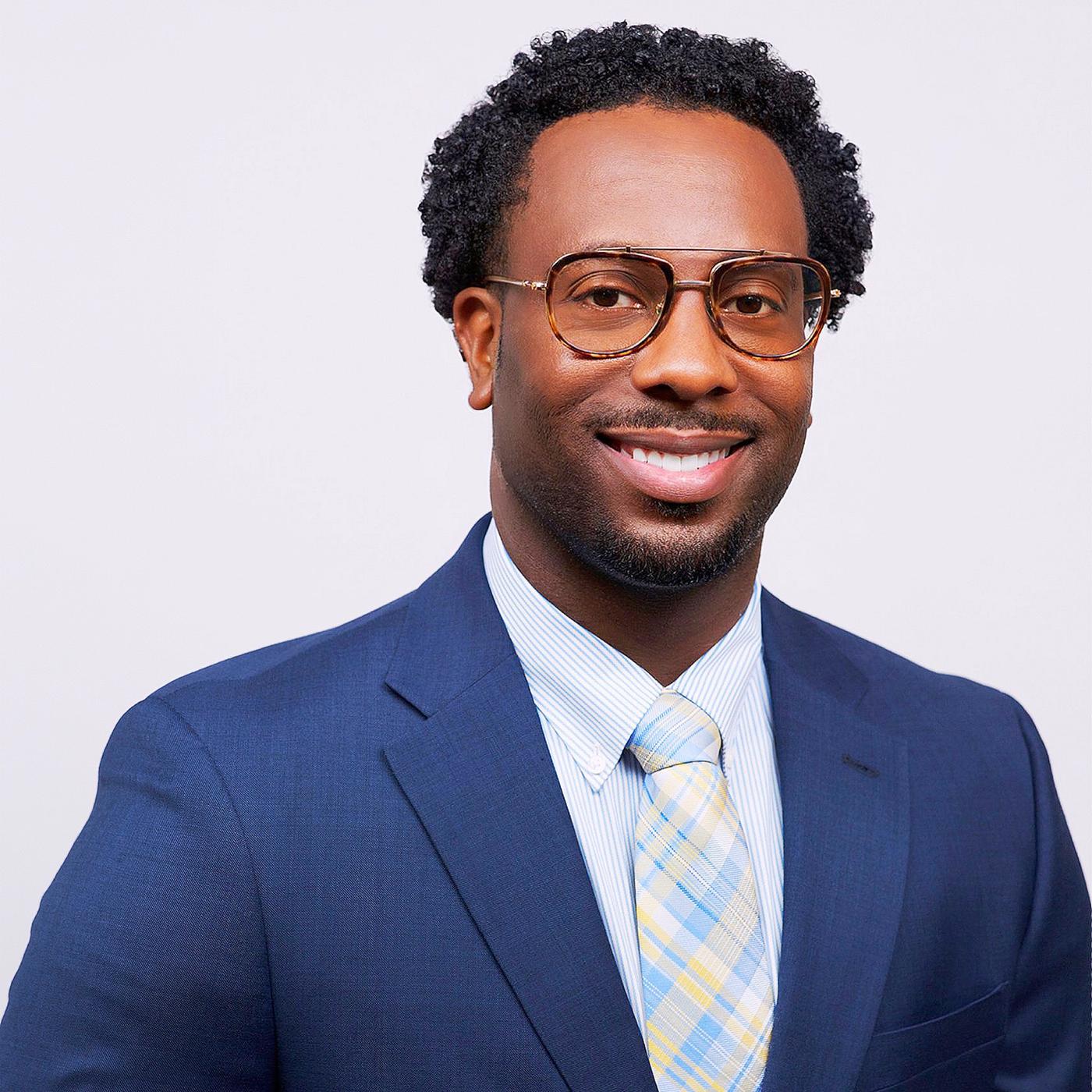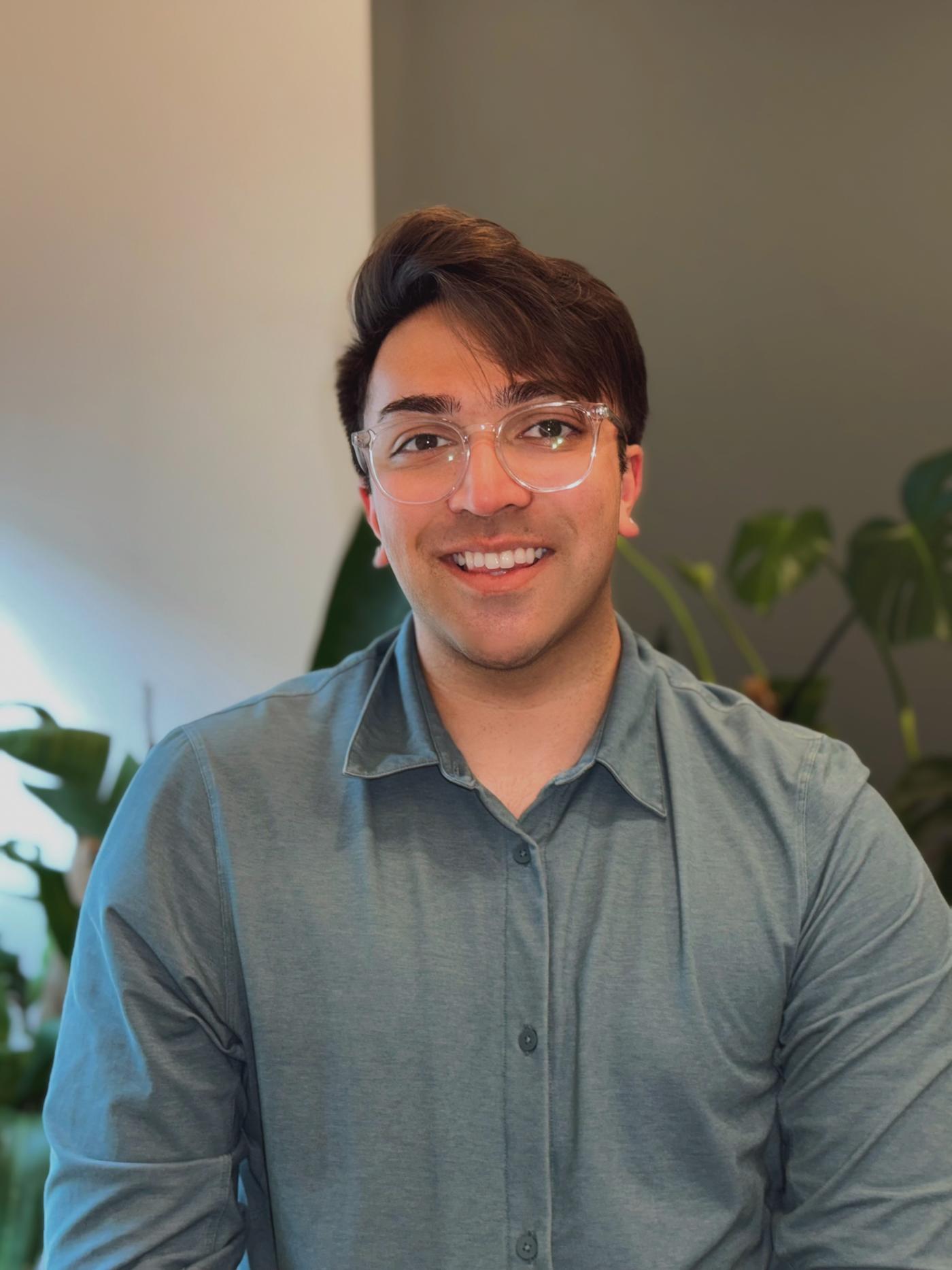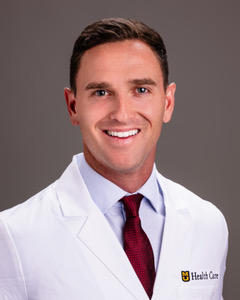Registration for The Match® opens every September. Adtalem’s residents in the most competitive medical specialties share their keys to success for securing a highly coveted position.
Medical students aspiring to become specialists—plastic surgeons, dermatologists, orthopedic surgeons—often pursue these paths knowing it’s a more challenging endeavor than other medical fields.
These specialties are among the most competitive due to combining factors—supply-and-demand for residency program positions, applicant exam scores, physician compensation reports, according to the National Resident Matching Program’s summary data.
Explore the diversity of Adtalem’s medical students and the specialties they matched into with an interactive chart.
Here, alumni from American University of the Caribbean School of Medicine (AUC) share their perspectives on entering a competitive field and the advice they have for what helped them on their way to achieving their dream career.
Start Early and Get Involved
Dr. Toussaint Battley, MD ’24, enrolled at AUC knowing from day one he was in pursuit of dermatology, considered the second toughest field to get into for 2024 applicants. He is currently completing one year of internal medicine residency at Louisiana State University before three years of a dermatology program that begins in 2025 at Larkin South Hospital in Florida.
“You have to know early on what you want to do so you can begin laying the foundation for what you need to make yourself stand out from other applicants,” he says.
He’s a nontraditional medical student, having started the program at 37 years old. Before medical school, he was a nurse practitioner studying for his nursing doctorate. He completed a rotation with Dr. Errol Quintal, at the time the only African American dermatologist in Dr. Battley’s home state of Louisiana. That experience inspired him to go to medical school and follow in his mentor’s footsteps.
Outside high performance in the classroom, research is often one of the biggest strengths for applicants.
Choose Your Happiness
Radiation oncology was among the most competitive specialties when Dr. Rohan Patel, MD ’20, first enrolled in medical school. When it came to learning about residency programs and figuring out what he wanted to do with his medical career, it was most important for him to be happy.
Dr. Patel is assistant chief resident for Case Western Reserve University/University Hospitals Seidman Cancer Center’s radiation oncology program. “It’s a wonderful field in that we are privileged to treat any type of cancer, but we can choose our own pathway to what career we want and what type of patient we want to care for. Getting to define my own path from the beginning is amazing while I continue following my passions.”
While in his fourth year, he is simultaneously pursuing his master’s in public health to fulfill another passion—addressing health disparities and global health. At AUC, he took as many volunteer opportunities as he could to give back to communities in need, but once he was into his residency, the connection between his work in radiation oncology and his passion for addressing health disparities wasn’t immediately apparent. He began conversations with his mentors about how radiation oncology and global health can fit together. It was the advice of his program leadership to go for another degree.
Surround Yourself with Support
Dr. Garrett Jackson, MD ’24, believed in setting himself apart academically, so much so, that interviewers for orthopedic surgery programs used to start his interviews by pointing out the sheer size of his curriculum vitae compared to other applicants.
He had over 100 published papers and contributed to numerous book chapters.
While his performance in the classroom made him a standout orthopedic surgeon candidate, the support system he built through years of relationships, networking, and mentorship were just as vital to achieving his dream. Now, he’s at the University of Missouri continuing his path to the operating room.
Prior to medical school, Dr. Jackson was in operating rooms on the side of medical device sales but felt something was missing watching others perform surgeries in a profession he always envisioned for himself.
When Dr. Jackson was enrolled at AUC, a research fellowship through Rush University introduced him to orthopedic surgeons that mentored him as he prepared to join their professional ranks. He attended several national conferences that further introduced him to surgeons around the country that formed a mentorship network influencing and strengthening his conviction to pursue orthopedic surgery.
RUSM and AUC achieved a 98% combined first-time residency attainment rate for the second straight year. See how they are contributing to the medical profession in a variety of specialties.
For more information, email the Adtalem Global Communications Team: adtalemmedia@adtalem.com.






